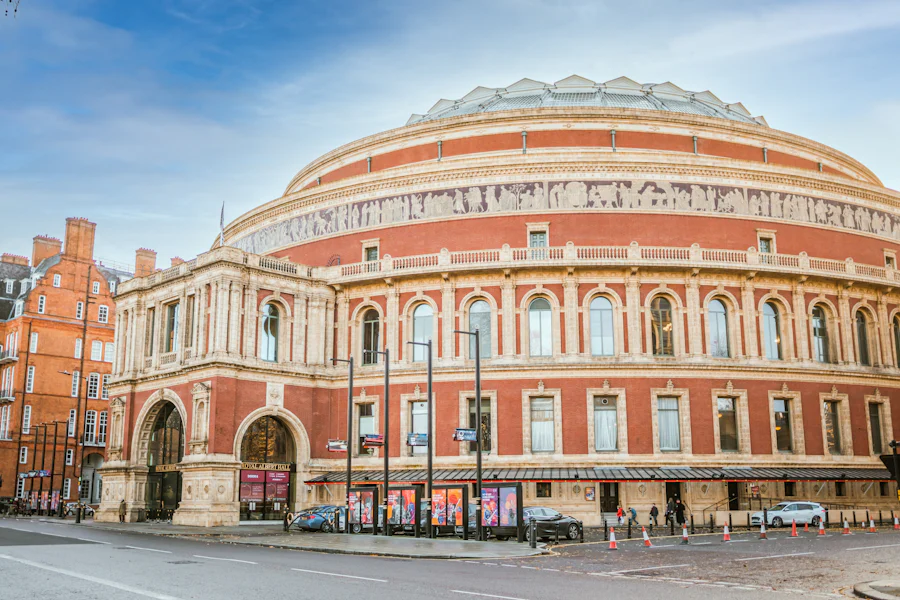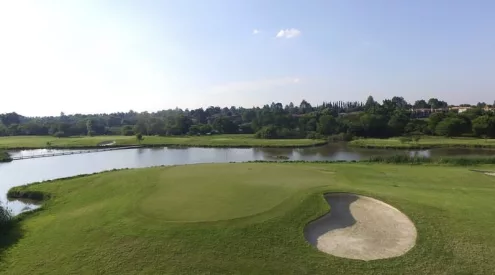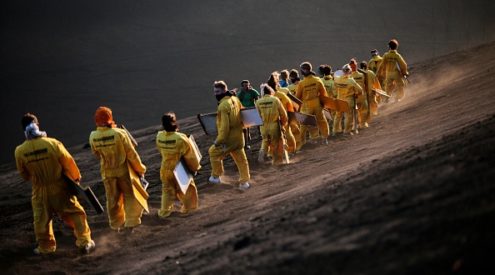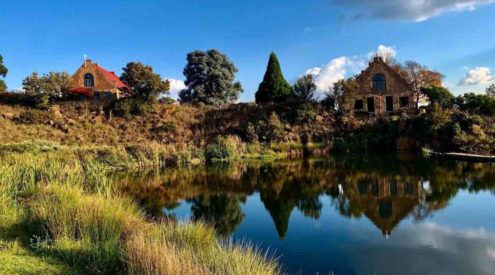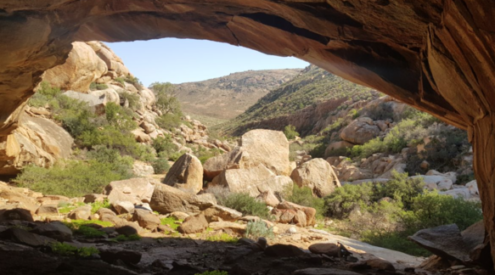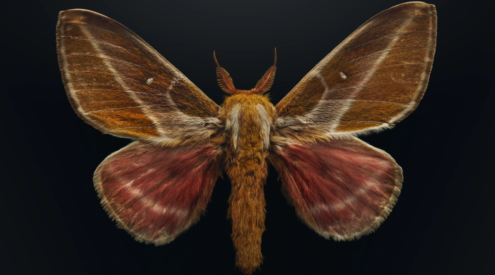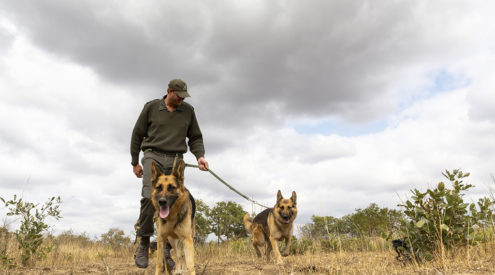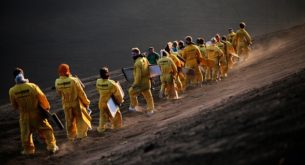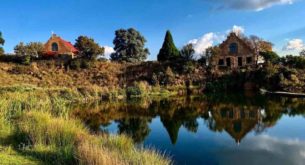We’re in the DRC on a filming recce, meeting people, travelling around and checking out various filming opportunities – all conservation based. Last week we had the good fortune to be in the right place at the right time for a Congo first – the reintroduction of captive crocodiles into the wild.
Let’s just set the scene – we’ve both been involved with wildlife capture and reintroductions, but this was a new experience on many levels! It all started in a local zoo in Lubumbashi, in the southern Katanga Province of the DRC, where the two young crocs were housed. For many years, the zoo has been a derelict mess, with the few remaining animals pitifully hanging in there, occasionally being fed and more often just being jeered at by the occasional visitor (spectator) looking for entertainment.
But, two years back, this all changed when a local resident took on the task of restoring the zoo and rescuing the animals from abuse and borderline starvation. Using private funds, the zoo’s new patron started the rescue operation by providing food for the animals and has since restored the facilities. Zoos are usually our least favourite institutions of all, but we must admit, this is perhaps one zoo where our neck hairs aren’t on end at the mention of its name. It has become quite an attraction in the town and the directors of the zoo are going to great lengths to use the facilities to educate its visitors, the majority of whom have never been to the bush, or for whom the only wildlife they’ve seen is something in a tiny cage or chained up as an unlikely and totally unsuitable pet. So, we can deal with this. Plus, as part of the zoo’s new policy, animals that can be reintroduced into the wild, will be. This is where the crocs come in. Our hosts in the DRC, Congo Star Safaris, were asked by the zoo’s patron, Mrs. Forrest, to assist the zoo in releasing these animals. The reason being is that Congo Star Safaris have a lodge and reserve based between two national parks and this was deemed a suitable release site for the crocs.
On the day, it was established that there were certainly no budding Steve Irwins among the zoo staff and it was highly amusing to watch the deliberation between the zoo’s workers (who have never participated in animal capture before) on how best to catch the crocs. They realised pretty quickly that a noose would not work in the murky muddy waters, so the nets were brought in. After much croc wrestling and a few epic tumbles near the snapping jaws of the less-than-enthusiastic reptiles, the crocs were safely locked into their crates for transport. All we kept wishing was that we could communicate in some way, and let them know that despite their discomfort and fright at spending 24 hours in these crates as they were transported to their release site, that they were going somewhere great – home!
So off we went, travelling by road (in some parts the road was so terrible that moving 50 kilometres took two hours), finally reaching our location. Our hosts, Congo Star Safaris, were given the responsibility of transporting the crocs and releasing them. But, this was no professional animal moving operation. The “˜team’ was made up of us – Natural History Media, and Congo Star Safari’s director, Richard de Cauwer and his wife Annie. Once we had reached Kiubo, a small village located between the Kundelungu and Upemba national parks, the croc crates were loaded and off we went to find the best possible place to offload our precious cargo.
Despite being inside the national park, and being miles from any kind of modern civilization, every bend in the river revealed yet another mokoro and a fishing camp. These fishermen pose a major threat to the future survival of our crocs as the reptiles are regarded not only as a threat to humans, but also as a very viable food source, even though they are in a national park!
But, eventually we navigated a great stretch of river completely uninhabited by anything other than the wildlife that should be there. It was decided that they could definitely sense home and would be out of their crates the second we opened the sliding doors. But nothing ever works that easily and the operation resulted in Nick and Richard heaving one of the crates onto the banks, thigh-deep in mud, and then persuading one very reluctant reptile to be free!
All in all, despite the blazing (winter) sun, and lots of little black biting flies, it was great to crack open a beer and cheers to the freedom of two animals who have only known concrete captivity from a very young age. But our celebration extended even further than the immediate event – however unconventional, this was a conservation first for the Katanga province, perhaps even for the entire DRC. We are thrilled to be witnessing on a daily basis the initial stages of a complete conservation overhaul for this province. Private concessionaires and NGO’s are teaming up with national parks in a renaissance move – wildlife is being reintroduced, and ecotourism is in the early stages of being developed. Watch this space – the Congo may just be open for business again very soon!

